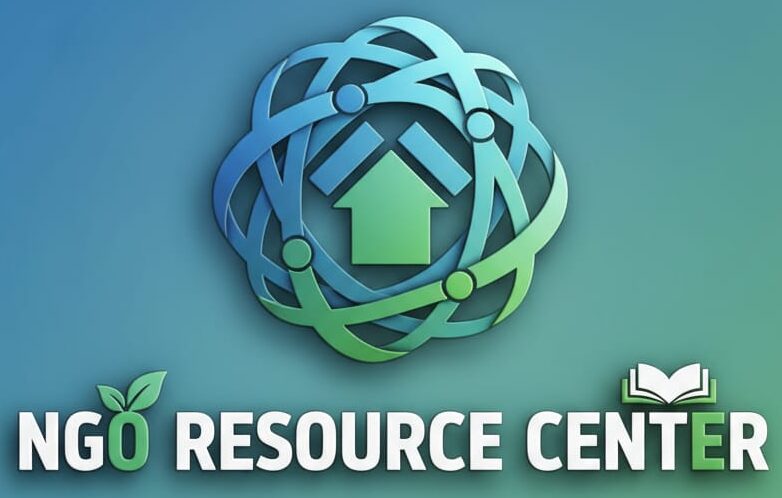Introduction
A strong NGO board is crucial for good governance and decision-making. In Bihar, where many NGOs rely on community involvement and donor support, a well-functioning board can steer the organization toward success. Here’s how to build a robust NGO board.
1. Define Roles and Responsibilities
Ensure that board members have clear roles. A common mistake is to have vague responsibilities, which can lead to confusion. Define roles such as chairperson, treasurer, and secretary, and ensure members understand their duties in terms of governance, fundraising, and strategic direction.
2. Recruit Board Members with Diverse Skills
A strong board should have a variety of skill sets, such as financial expertise, legal knowledge, fundraising experience, and community engagement. Board members from diverse backgrounds can bring new ideas and help solve problems more effectively.
3. Board Training and Orientation
New board members in Bihar should be provided with training on the NGO’s mission, financial systems, and the legal requirements of running a nonprofit. A strong orientation program will help them understand their responsibilities and contribute effectively.
4. Establish Clear Communication and Accountability
Ensure that board members meet regularly and communicate openly. Board members should be held accountable for their actions and decisions. Regular reviews of NGO operations, including financial audits, will ensure transparency.
5. Develop Succession Plans
As board members move on, it’s essential to have a succession plan in place to ensure continuity and avoid leadership gaps.
Conclusion
Building a strong, effective board is fundamental to an NGO’s long-term success. A well-structured and engaged board will help guide your NGO in Bihar through its challenges, driving it toward greater impact.




